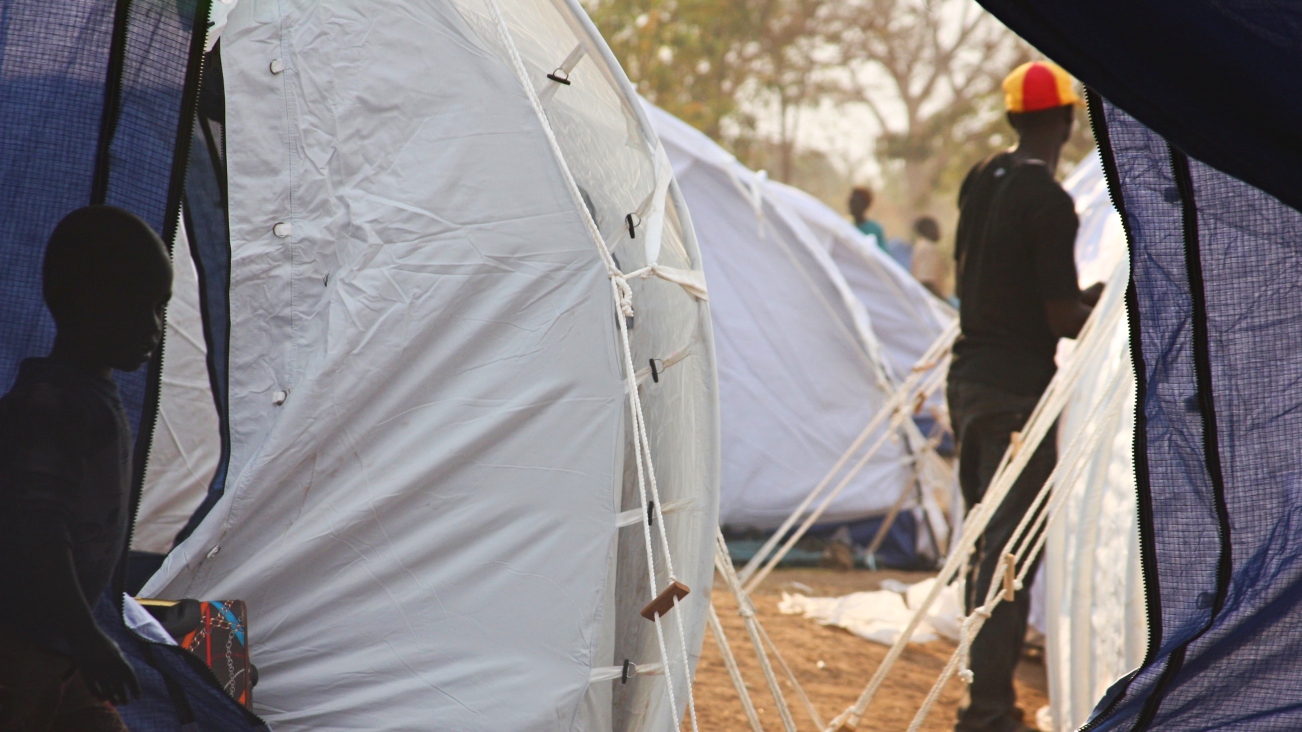As the United Nations Sustainable Development Summit begins in New York, Ruth Kattumuri offers an overview of the 17 goals, and writes that while economic and environmental security issues have been covered extensively across a range of goals, the emphasis on social issues is limited. She highlights that the goals are highly aspirational and raises several key questions that should be considered in order to optimise implementation.
This post forms part of the Africa @ LSE, South Asia at LSE and IGC cross-blog series on the Sustainable Development Goals.
Through an inclusive process of intergovernmental negotiations, and based on the proposal of the Open Working Group on Sustainable Development Goals (SDGs), 17 SDGs and 169 targets have been agreed. The goals are being launched this weekend at the United Nations Sustainable Development Summit 2015 in New York, and will shape the universal development agenda to 2030. The SDGs build on the Millennium Development Goals (MDGs), to achieve global sustainable economic, social and environmental development.
I would categorise the key objectives for global sustainable development and progress broadly into:
- Economic and social security: Sustainable growth and inclusion by overcoming poverty and inequality, and enabling equal opportunities for all
- Environmental security: low carbon green growth and environmental protection
- Physical and personal security: protection of individuals, institutions, nations and advancement of peace
The Goals
The stated seventeen SDGs can be divided into the suggested categories as follows:
Goal 8 is to promote sustained, inclusive and sustainable economic growth, full and productive employment and decent work for all. Along with goals 1 (end poverty), 3 (health and well-being for all), 4 (inclusive and equitable quality education), 5 (gender equality) and 10 (reduce inequality), it mainly pertains to economic and social security (a).

Goal 13 is to take urgent action to combat climate change and its impact. Together with goals 7 (access to affordable, reliable, sustainable, and modern energy), 14 (conserve and sustainably use oceans, seas and marine resources) and 15 (protect and promote sustainable use of terrestrial ecosystems, sustainably manage forests, combat desertification, and halt and reverse land degradation and halt biodiversity loss), 13 mainly pertains to environmental security (b).
Goals 2 (end hunger), 6 (availability and sustainable management of water and sanitation), 9 (resilient infrastructure, sustainable industrialisation and foster innovation), 12 (sustainable consumption and production), including some others, transition across economic and environmental sustainability (a and b).
Goals 11 (inclusive, safe, resilient and sustainable cities and human settlements) and 16 (peaceful and inclusive societies for sustainable development, provide access to justice for all and build effective, accountable and inclusive institutions) represent economic, environmental and physical and personal security (a, b and c).
This categorisation highlights that the economic and environmental security issues have been covered extensively across a range of goals, while the emphasis on social issues is limited. In measuring the contribution of various factors to each country’s average life evaluation, the World Happiness Report 2015 found that four variables covering different aspects of social and institutional context – having someone to count on, generosity, freedom to make life choices and absence of corruption – are together responsible for 55% of the average differences between each country’s predicted score. The report estimates that the average country has a 2012-2014 ladder score of 3.28 points. Within this, the largest single measure (30%) comes from social support, followed by GDP per capita (26%) and healthy life expectancy (19%), freedom (13%), generosity (7%) and anti-corruption (4%). The social fabric of a nation (developed, developing and Least Developed Countries or LDCs) is important for well-being and coping with economic, environmental and social challenges. Hence social aspects need to be given further consideration by nations, intergovernmental and international organisations in implementing the SDGs.
Even the goals that touch upon issues of safety and justice do not go far enough and the protection of peoples has received negligible attention. For example, human trafficking is estimated to be a US$32 billion industry and while it is difficult to establish exact numbers, the UN broadly estimates that between 800,000 and 4 million men, women and children are deceived, recruited and transported from their homes and sold into slavery around the world each year. Another is child abuse: in the UK alone, over 23,000 sexual offences against children were reportedly registered. The safety and security of children, and indeed all people, is a fundamental right and essential to promote sustainable development.
The challenges
There are some failures of governance, which apply across developed, and developing countries, and the current young (Y, Z) generation – source of strong social capital – are reacting against these. Faced with the burden of past and current failures globally, they are seeking and supporting leadership that might seem to be transparent, sincere and committed and able to achieve universally sustainable and inclusive development.
The context within which leaders are operating is rapidly shifting toward models of collaborations. Technology is constantly transforming humanity into one world order. On the other hand, there are major economic, social and cultural differences and inequalities across nations and regions. There are democracies and non-democracies. Rising inequalities are a major challenge globally: income inequalities in the UK and US have been increasing in the past thirty years, and the Inequalities Human Development Index (IHDI) scores presented by the Human Development Report (2014) demonstrate that inequality is highest in Africa and South Asia.
The SDGs and targets are aspirational, and hope that ‘each government would set its own national targets guided by the global level of ambition but taking into account national circumstances with consideration for how these aspirational and global targets should be incorporated into national planning processes, policies and strategies’. The integrated SDGs and targets have taken into account different national realities, capacities and levels of development giving respect to national policies and priorities, but the major challenge will be of transforming aspirations to implementation.
The SDGs are important and a natural progression to carry forward following from the MDGs for global sustainable development. But several questions should be considered when planning for and to enhance implementation: to what extent can universal sustainable and inclusive development be achieved by SDGs? How far will and can local and national governments go toward committing to any targets? What role and resources (technologies, finances, technical knowledge sharing, etc.) can and will international organisations be able to commit to? To what extent will it be possible to achieve consensus where required between national, inter-governmental, international governance, non-governmental (private, social, charitable, civil societies, etc.) organisations?
I dream of a peaceful world when everyone everywhere can have the freedom and equal opportunity to pursue any vocation of their choosing, and are able to achieve their full potential.
Dr Ruth Kattumuri is Co-Director of the LSE Asia Research Centre and India Observatory. Dr Kattumuri is a regular contributor to the India at LSE blog. You can view her previous posts here.
This post forms part of a cross-blog series on the 2030 Agenda for Sustainable Development run by the Africa at LSE, South Asia at LSE, and IGC blogs. View more posts in this series.
The views expressed in this post are those of the authors and in no way reflect those of the Africa at LSE blog or the London School of Economics and Political Science.




